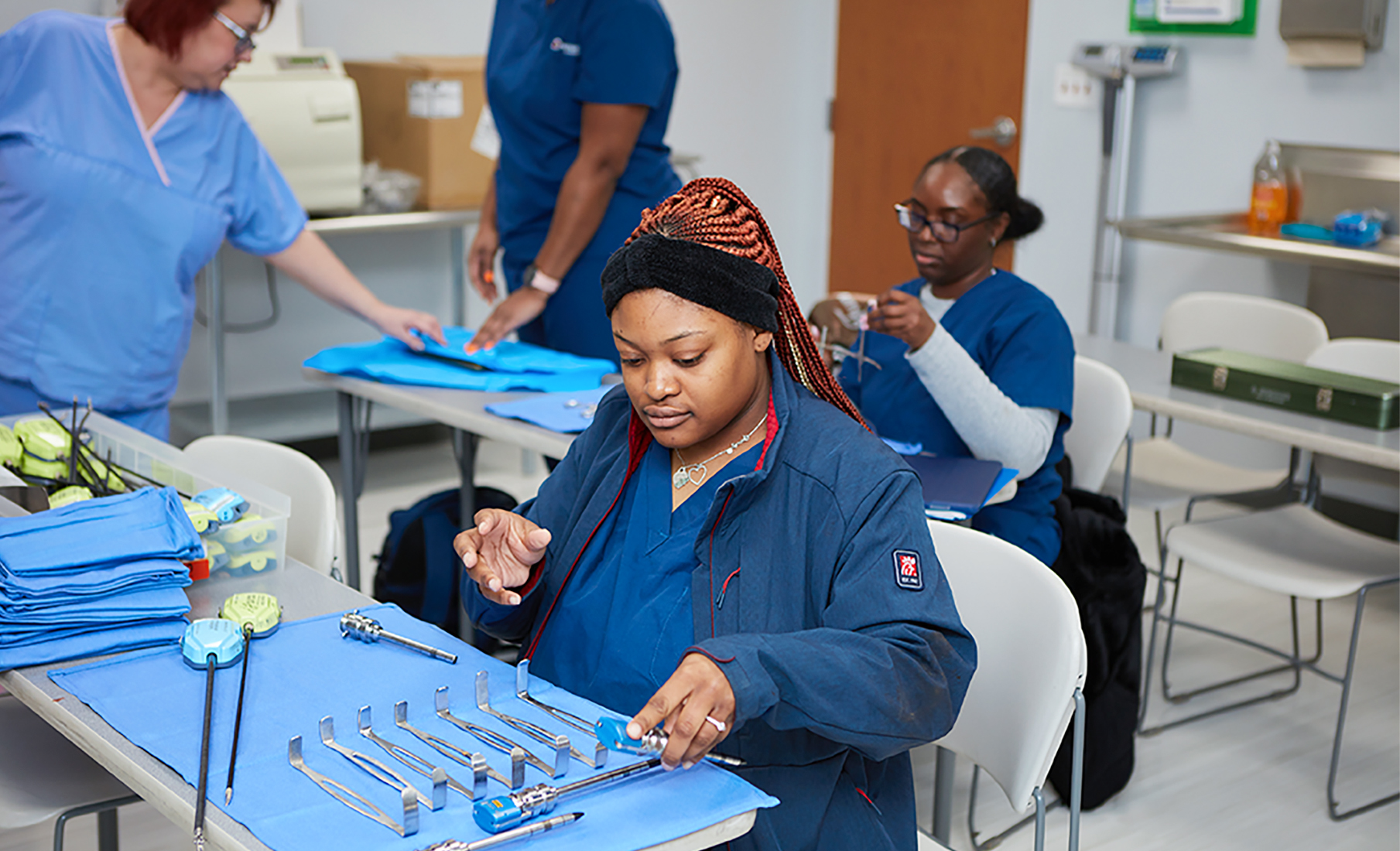- About
- Programs
- ALLIED HEALTH
- AAS in Diagnostic Medical Imaging Radiography
- AAS in Diagnostic Medical Sonography
- AAS in Magnetic Resonance Imaging (MRI) Technology
- AAS in Non-Invasive Cardiovascular Sonography
- AAS in Surgical Technology
- Licensed Practical Nursing (LPN)
- Clinical Medical Assisting
- Dental Assisting
- Electroneurodiagnostic (END) Technologist
- Medical Assisting
- Phlebotomy Technician
- Sterile Processing
- BUSINESS & INFORMATION TECHNOLOGY
- ENGLISH AS A SECOND LANGUAGE
- ALLIED HEALTH
- Admissions
- International
- International Admissions
- Apply from Abroad
- Transfer Students
- Change of Status
- Visa Requirements
- Tuition and Fees for New Program Cohorts
- Business Office
- Estudiantes Internacionales
- Олон Улсын Оюутан
- Sinh Viên Quốc Tế
- เรียนต่อชิคาโกกับ Midwestern Career College (มิดเวสเทิร์น แคเรีย คอลเลจ) – สำหรับนักเรียนต่างชาติ
- Estudantes Internacionais
- 시카고 유학 – 한국 유학생을 위한 안내
- International Student Services
- Student Testimonials
- MCC Campus Spirit Store
- Refer A Friend
- International Admissions
- Ohio Campuses
- Careers
- News
- Student Portal


